

Today, countries across the world are celebrating their native language/s as the world observes International Mother Language Day.
International Mother Language Day is a worldwide annual observance held on February 21 to promote awareness of linguistic and cultural diversity and to promote multilingualism.
The first observance was organised by UNESCO on November 17, 1999 and has been observed throughout the world since February 21, 2000.
There are over 7,000 languages spoken in the world — this is a large number considering that some languages are better documented and more spoken than others.
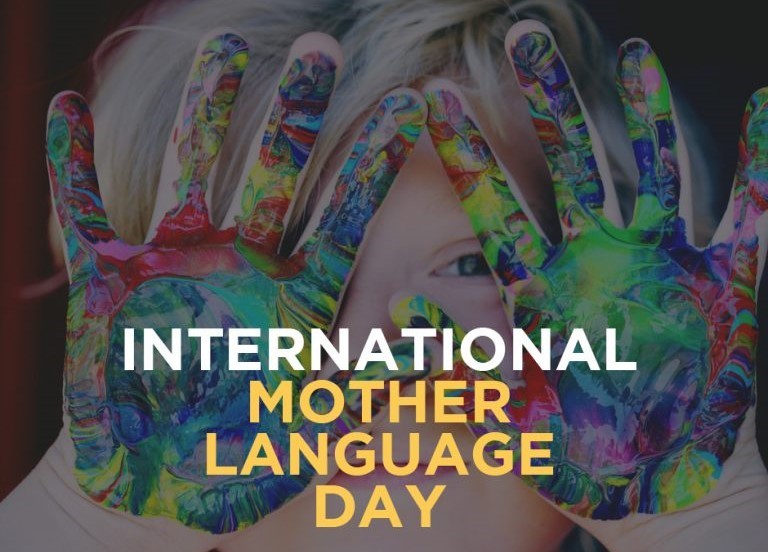
Many ethnic languages, some of which are still spoken by small groups today, will most likely be extinct in a few decades if not preserved.
This is why International Mother Language Day is so important, as it is part of a larger initiative to revive many communities’ linguistic heritage.
The Mother Language of Jamaica
Jamaica is undoubtably home to a unique linguistic legacy unlike anywhere else in the world.
Though English is recognised as the country’s official language, the mother tongue of most, if not all Jamaicans is Jamaican Patois, or Patwah.

Patois developed in the era of slavery and is a unique blend of English and several African languages.
Jamaican English is used in government, media, education and business. As a holdover from its colonial history, the English used and accepted in Jamaica has a largely British grammar and spelling.
Most Jamaicans do not speak English as a native language, but rather learn it in school as a second language, with the first being Jamaican Patois.

Jamaican Patois
Jamaican Patois or Jamaican Creole is an English –based creole language with West African influences, spoken primarily in Jamaica and among the Jamaican diaspora.
A majority of the non-English words in Jamaican Patois come from the West African Akan language.
Patois developed in the 17th century when enslaved people from West and Central Africa were exposed to, learned, and nativized the vernacular and dialectal forms of English spoken by the slaveholders, British English, Scots and Hiberno-English.

While it has been treated as a “lower” form of language for part of its history, it has since been reclaimed as a language of freedom and Jamaican independence by some Jamaicans.
Let’s celebrate Patois as we observe International Mother Language Day!
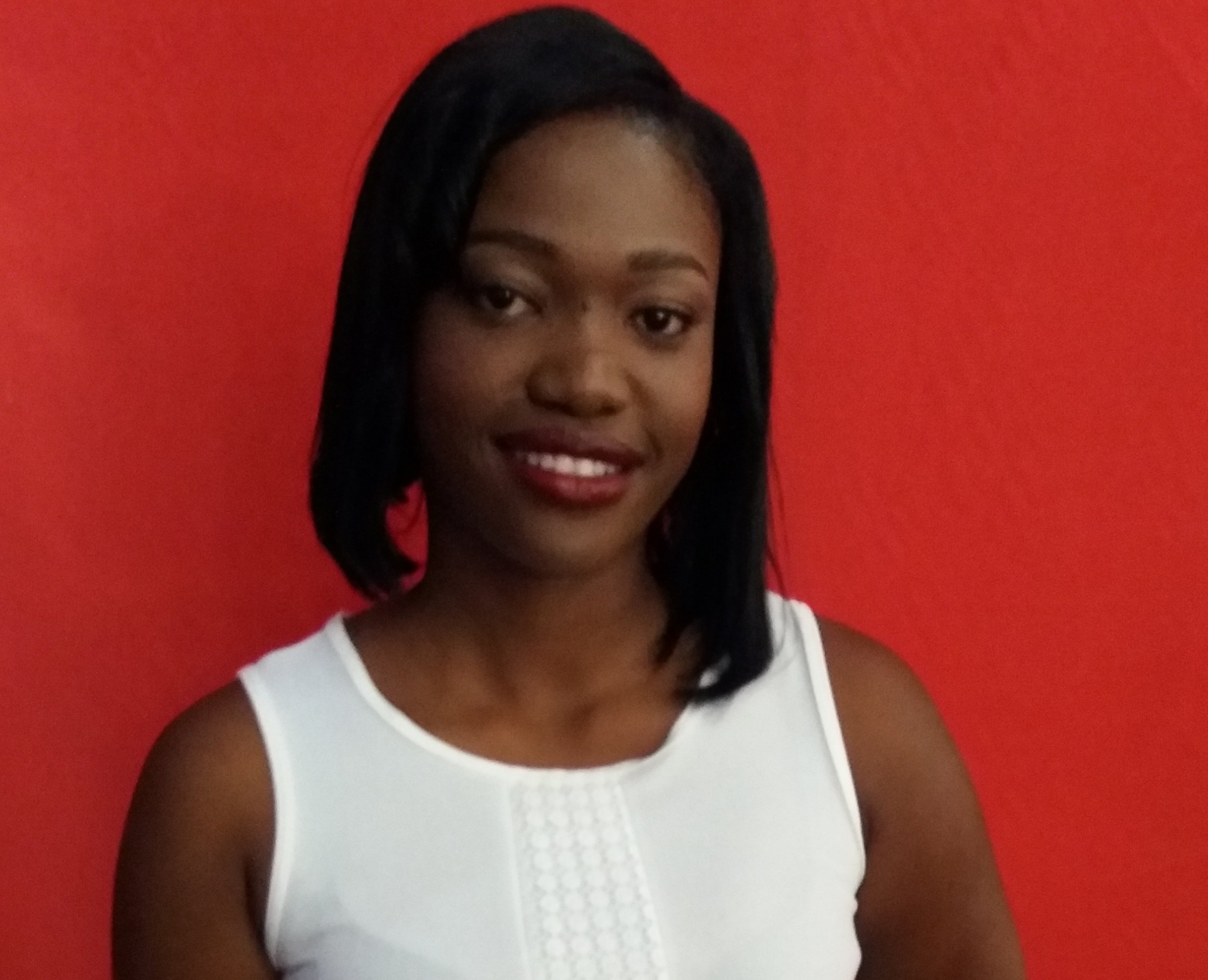
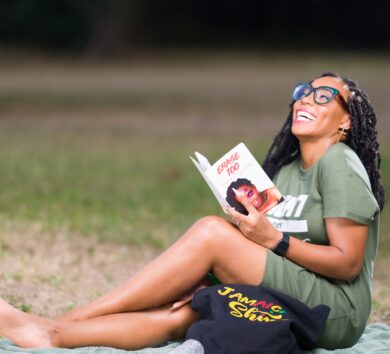
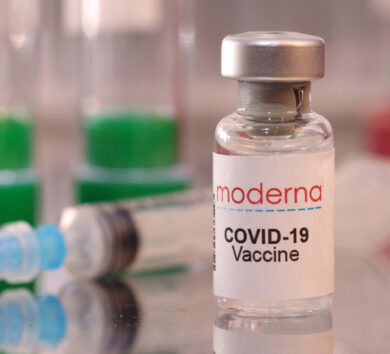
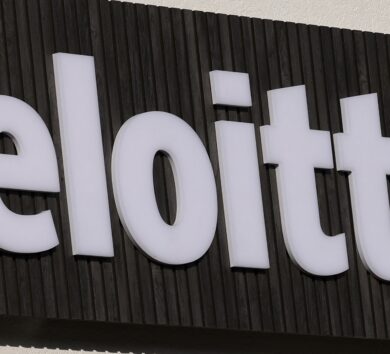
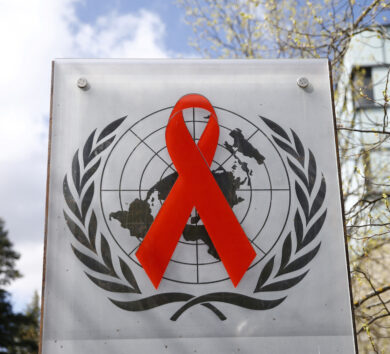
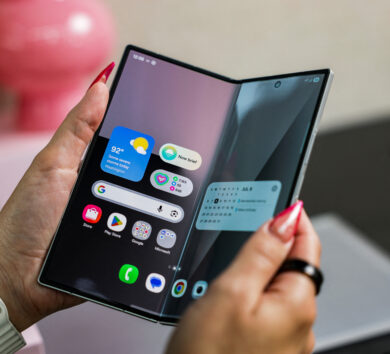

Comments